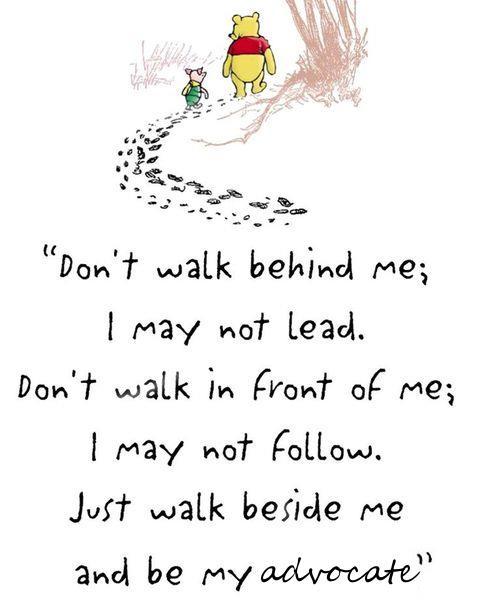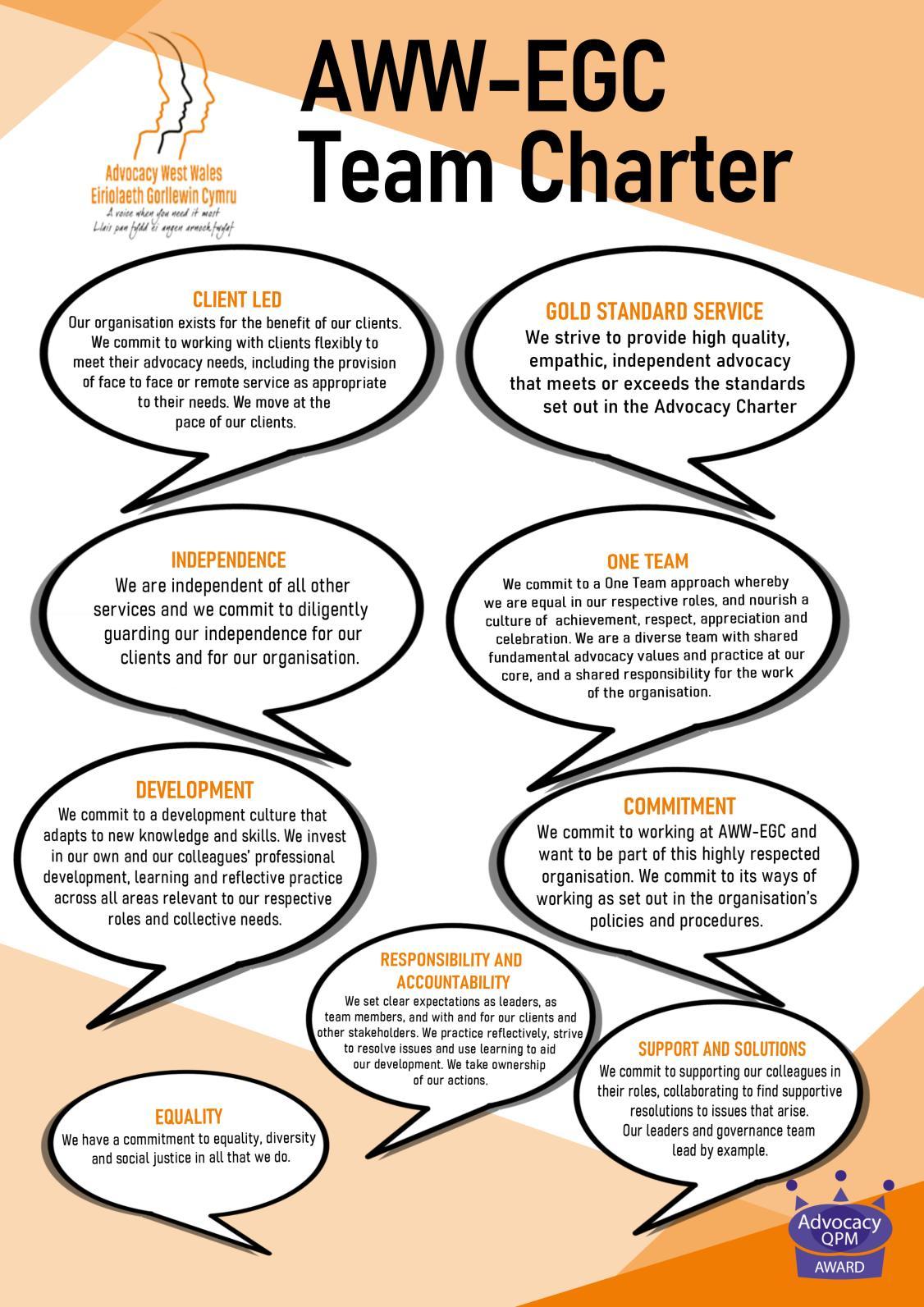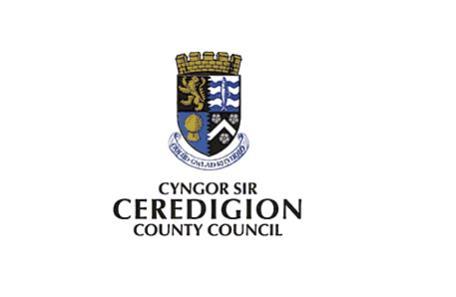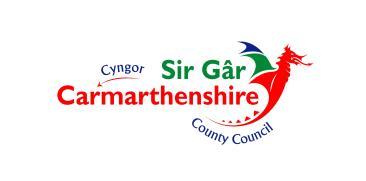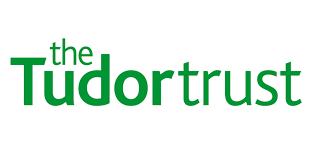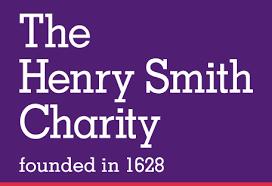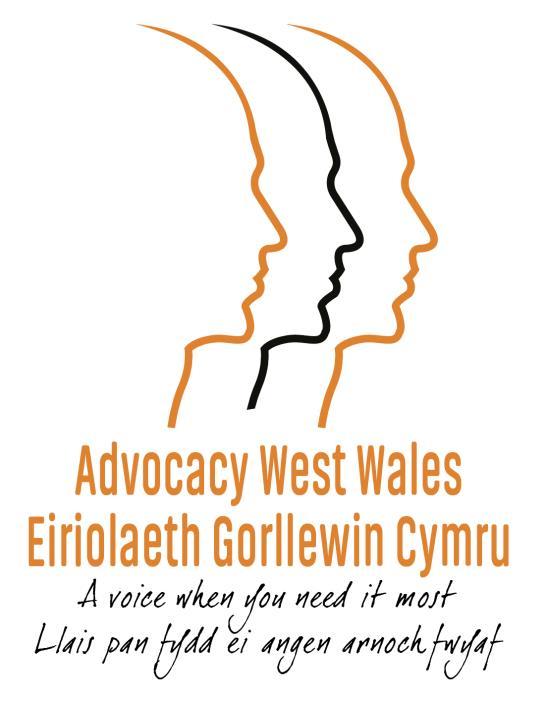
My report for the last financial year, 2022/23 concluded with a description of the impact of the long delay in finalising the outcome of a tender to provide the Community Mental Health Advocacy Service, eventually announced in June 2023.
The uncertainty this brought continued to impact on the organisation and its team members through to the autumn of this reporting year and was a very unsettling time for the team, whether their roles were directly under threat or not. Several members of the team left for more secure opportunities and those remaining worked over and beyond their contracts in order to meet the needs of our clients and the continuing demands of the service. The Chief Officer and the Management Team worked hard to support the advocates workload and morale. As usual in any crisis there are also unsung heroes who provide emotional support and stability to their colleagues by working alongside them and I would like to acknowledge their hidden contribution.
This year a number of new team members of a high calibre have been recruited and their induction and training are continuing. I hope that this time next year the Chairperson will be able to report that AWW and its team has fully recovered and remains the lead advocacy provider in West Wales.

The income from most contracts has not changed for many years, 15 years in some instances. Natasha Fox, in her role as AWW Chief Officer and Chairperson of the Regional Advocacy Strategy Network, is working with other managers of advocacy services on a joint approach to funders, commissioners and Welsh Government to advocate for uplifts in funding to ensure sustainability of advocacy services. In the meantime, we have to thank several independent trusts such as Henry Smith, Tudor Trust and Hywel Davies for their generous grants to fill gaps in the statutory services.
Our advocates are supported on the front line with a complex infrastructure of procedures and equipment to ensure not only that they are paid, but that they have the necessary information and equipment to do their job. Ensuring this is another “unsung hero”, our Office Manager, Sue Blantern, who I hope will not be insulted if I use the analogy of a swan:- composed on the surface, but working hard to manage the changing environment and shifting currents of requirements such as Cyber Essentials.
The cost and complexity of complying with these requirements and those of the Quality Performance Mark has increased several times over during the life of the contracts against a backdrop of static funding. Yet it is imperative that we maintain these accreditations especially in terms of any that assist us to preserve the highest standards and the most confidential of information we hold on behalf of clients of our services.
I would like to acknowledge the contribution of my fellow trustees who despite the demands of events in their personal lives, continue to give their time and wisdom to keep AWW “on course” and fulfilling its charitable purpose: Vice Chair Emlyn Schiavone who helped steer Eiriol through the amalgamation with AWW and has long experience of public service; Treasurer Carolyn Oakley who interprets the information on our financial health into language that people like myself can understand; Jane Kelso, one time Chairperson and stalwart supporter of AWW who has helped the organisation through some turbulent times; Helen Butland who regularly uses her people skills to interview potential employees and has been very busy over the past year. With respect to my colleagues, I have to recognise that most of us are of an age when calculators and accounting machines were the height of technology, so we were pleased to welcome Dan Rosie to the board last year and he is helping us move forward by working alongside the
management team to update our website and social media interaction. Although outside the scope of this annual report, we have recently been joined by another trustee, Ajay Owen, who I hope, along with Dan and Helen, will see AWW into the next decade.
On looking back on the 10 years I have been a trustee of AWW, my colleagues and I have experienced some turbulent and threatening times for the organisation, but two people have been steadfast and visionary in overcoming those problems:- The Chief Officer, Natasha Fox, and Assistant Manager, Kate Bailey. Their advice to trustees, and to me as Chairperson, has been crucial to the current success of AWW and the high regard it is held in by clients, commissioners and other professionals across Wales.

Andrew Watters Chairperson, AWW-EGC
Chief Officer’s Report April 2023-March 2024
Every year I have started this report saying that we have had a year full of developments and are looking forward to a year of consolidation. Every year has been full of new challenges and developments. However, this year we have firmly opted for a year of consolidation for our services and team. This has included electing not to tender for some new advocacy services, to enable us to focus on building the team and redeveloping some of the existing services after a tough 2022 – 2023.
At the time of writing we have achieved:
• Attainment of the Quality Performance Mark for Advocacy Services for the 4th time.
• Recruiting to maintain a full team following last year’s losses.
• Service review and developments, including review and changes to the Single Point of Contact, ongoing team training and the roll out of the AWW Team Charter.
• Planning around the development and modernisation of our IT systems and telecoms, along with annual Cyber Essentials Plus accreditation.
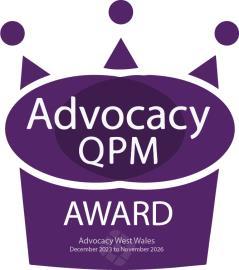
With regards to the latter, thanks must go to our Office Manager Sue Blantern for her tireless research, planning and implementation in moving this piece of work forward and achieving what we believe will be a more sustainable and secure set of systems for the future.
Achievements in Securing Funding: We were able to achieve further progress in terms of securing funding for existing and new services during this reporting period with the successful outcome of the Community Mental Health Advocacy Service tender across all three counties. See the separate report from Kate Bailey in relation to that service.
Regional Advocacy Strategy Network and Other Networks: We have continued to engage in the regional and national networks to support the development of advocacy through our input, including our training provision, and provide a louder voice for the sector. This has included continuing to work with other advocacy providers to raise the case for adequate funding of advocacy services after years of funding freezes (effective funding cuts). In our capacity as Regional Advocacy Strategy Network Chair we have worked with the Regional Partnership Board on the launch of their Advocacy Strategy and its implementation.
Arrivals and Departures:
We don’t usually have much to report in terms of departures but this reporting period saw higher than usual turnover in the team. This was brought about by a combination of factors; the delayed tender outcome and difficulties maintaining salaries against a background of frozen funding, as well as some career development opportunities elsewhere. We have been unusually successful in third sector terms in recruiting to all of our vacancies and welcomed new people to the team.
2024-2025 Work Plan for AWW: There are some key areas of focus in this year:
• Further service development including at the Single Point of Contact
• Improving feedback methods for both the people we support and others
• As we near the end of Henry Smith funding for the service for people with a learning disability and autistic people in Pembrokeshire, we focus on achieving new and sustainable funding for that service.
• We continue to work with other advocacy providers around the ongoing funding difficulties in the sector, including advocating for additional funding to meet need, ensure quality and enable our team members to be appropriately rewarded for their work.
Challenges in the Advocacy Sector: There has been a real crisis in health and social care over recent years and this has continued to impact advocacy services as well as other third sector services. This primarily impacts the people we support in terms of their access to appropriate and necessary services, and in terms of them being able to achieve the outcomes they are looking for.
However, it also impacts us directly as an organisation in circumstances where the funding for most of our services has been frozen for many years. This is impacting our ability to maintain salary levels at the level appropriate for the specialist skills and demanding roles within the organisation. It is also leading to difficult decisions around budgeting. We have sought to maintain our advocacy and support team without losing frontline hours from our services, and have made consolidated pay awards, albeit well below the level of inflation, in this reporting period and in the current year. AWW remains competitive as a potential employer of advocates. However this year we expect a number of projects to end the year in deficit and therefore continuing as is won’t be possible in the longer term without the introduction of additional financial resource.
Across Wales services such as ours report similar difficulties and struggle to recruit and retain skilled team members and meet the increasing costs of service provision including the rising cost of compliance related expenditure and costs of advancing technological needs.
Thanks and Acknowledgements: Our Chair Andy Watters has already extended thanks to our funders, supporters, partners and other stakeholders, and I echo that.
My thanks this year are reserved to our team here at AWW, both out on the front-line of advocacy and the support team. Their ongoing dedication and expertise has been admirable. They have continued to demonstrate remarkable adaptability and resilience during this period. Many of our team members and our Trustees bring their lived experience as an integral part of the work they do within the organisation and on behalf of the people we support. I look forward to working with the whole team, including our new members, over the next year as we strive to deliver quality, empathic services for those who seek out or rely on our support.
With the very best of wishes to everyone involved with AWW-EGC.
Quote from a service user; “Advocacy was a game changer “
Independent Mental Health Advocacy (IMHA): Statutory Service – Mental Health Act and Mental Health Wales Measure:
This service has been provided since its inception in 2008 by this organisation. 2022 saw the start of a new 3-5 year contract commissioned by Hywel Dda University Health Board with the support of NHS Shared Services Procurement. Funding is ringfenced by Welsh Government but there hasn’t been a real terms increase since 2008. Now in our 3rd year of the current contract indications are that it will roll over to a full 5 year term.
There were difficulties in this period maintaining a full team. This put pressure on the service and required considerable support from a number of team members to meet the needs of the people we support. However, the most significant impact has been the longer term crisis in health and social care services which has affected our clients’ ability to access services they need in a timely way. This has meant long delays in accessing services, obtaining care packages or places in care home or placement settings, and longer stays in hospital as a result. This has been further complicated by a series of care home closures which has further slowed discharge from hospital settings. It is a credit to the team that they have been able to continue to meet the advocacy needs through this period.
This year IMHAs have supported over 677 people to understand and uphold their legal and human rights, to engage in care and treatment planning, to support their self-advocacy and expression of their views and wishes, to ensure that people lacking capacity are kept at the centre of decision making about issues impacting their lives. There is a near equal representation of male and female clients accessing our IMHA service. 56% of the people we supported were detained under a section of the Mental Health Act, with the other 44% either being informal (in hospital with their consent) or subject to Deprivation of Liberty Safeguards (where they lacked capacity to consent to admission/treatment).
This service continues to receive incredibly good feedback from clients and commissioners/other stakeholders alike. Thanks must go to the dedicated team across AWW-EGC in providing this service and continuing to strongly advocate client views and seek to uphold their rights and entitlements in an increasingly difficult environment in health and social care services.
Quote; “You’ve been gold standard “
We continue to work to improve delivery with ongoing training, awareness training to referrers, improvements in outcomes and feedback collation. We led on the development of a regular All Wales IMHA Peer Group which meets every 2 months. This is now well developed and attended and provides a valuable source of support for advocates and their managers from the three providers across Wales.
Three County Independent Professional Advocacy under the Social Services and Wellbeing Act: This service involves supporting adults facing barriers to getting their views heard, and undergoing social care and support assessment, planning and review, safeguarding processes, and complaint about these. The service started 1.4.22 and will run for between 4 and 7 years.
This service completed its second full year during this reporting period. We have had regular contract reviews with the three local authorities who fund this service and positive feedback about its implementation. The partnership has had challenges but has also thrived. The service receives regular referrals. We supported people in the second year, with a range of care and support needs including mental health, learning disability, autism, physical disability, sensory impairment, carers.

Natasha Fox, Chief Officer, September 2024

